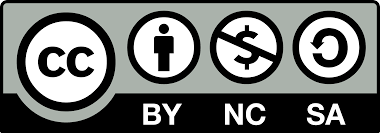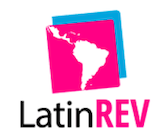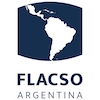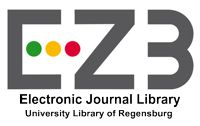“Indagación y cuestionamiento: herramientas clave para el aprendizaje”
##plugins.themes.bootstrap3.article.main##
Educational institutions from primary basic education have the responsibility to educate students to understand and transform your knowledge into real learning. The accom- paniment of teachers must be deal to establish a connection between curriculum and reality. This way you can take the development of the investigative culture as a trans- versal axis of the knowledge. The teaching strategies that implement in their pedagogi- cal practices must respond to specific needs, based on flexibility and adaptability to any level or area of knowledge, as well as any educational context.
Therefore the problem of research is deal towards identification of elements of the stra- tegies employed by teachers to promote and develop the research culture of students in the third grade of primary basic education from Columbus American School in Rivera (Huila). It takes into account the Pedagogical Practices as a diagnosis in the areas of Spanish, social sciences, natural sciences and mathematics. Subsequently it describes places where conducted study, research background, objectives which oriented the research and its respective methodology as well as the results obtained.
Investigative skills are seen as tools for improving student performance. It constitutes the methodological basis to reach a research culture contextualized, contributing to the strengthening of the investigative spirit of learners, which develop their scientific skills through the application of pedagogical processes inherent in the practices of teachers in the classroom.
Downloads
##plugins.themes.bootstrap3.article.details##
ACOSTA JARAMILLO, Amparo. “estrategias pedagógicas para fomentar competencias investigativas en las docentes de ciencias naturales del colegio hijas de Cristo Rey” Universidad de la Sabana. 2011
Colciencias. Programa para fomentar la investigación en el Huila. La Onda de los Clubes de Ciencia, Tecnología y Arte en el Huila. Gobernación del Huila. Publicación con apoyo del Consejo Departamental de Ciencia y Tecnología.
COLOMBIA. MINISTERIO de educación. Pequeños aprendices grandes comprensiones: Libro 2, Bogotá, Colombia: Ministerio de educación, 1997. ISBN 958-9488-25-0
COLOMBIA. MINISTERIO de educación. Guias “Estándares Básicos de Competencias” Bogotá, Colombia
COLOMBIA. MINISTERIO de educación. Guias (2002) Lineamientos Curriculares MEN. Bogotá
DÍAZ BARRIGA, F. y Hernández, G. Estrategias Docentes para un Aprendizaje Significativo. 1998 Una interpretación Constructivista, México: Mc. Graw Hill.
GARCÍA CONTRERAS, German Antonio. Desarrollo de competencias científicas a través de una estrategia de enseñanza y aprendizaje por investigación. Studiositas, diciembre 2008
GARCÍA, J, Eduardo y PORLAN, Rafael. “Cambio escolar y desarrollo y desarrollo profe- sional: un enfoque basado en la investigación en la escuela”, en: Revista Investigación en la Escuela N°ll. Ediciones Diada. Sevilla. 1990.
MUÑOZ GIRALDO, José Federmán y Otros. “Como desarrollar competencias investigativas en educación.” Cooperativa Editorial Magisterio. Bogotá. 2001.
































